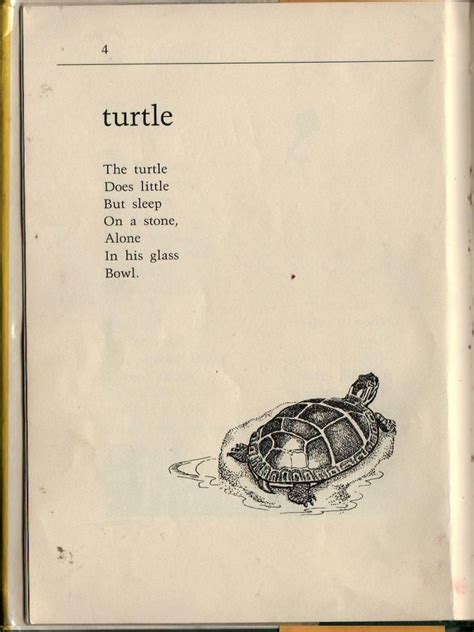A Quote by Brian Aldiss
Most of my poetry lies beyond the SF field, yet here I am corralled into 'SF poetry' as part of this poetry weekend. Of course, some might say, 'you've made your own bed - now you must lie in it!' But, while fully accepting that dictum, I'm not yet quite prepared to lie down.
Related Quotes
That is why I think, in defiance of Plato, that there is at once error and vulgarity in saying that poetry is a lie, except in the sense that Cocteau wrote one day: I am a lie who always tells the truth. The only poetry which lies purely and simply is academic, pseudo-classical, conceptually repetitive poetry, and it is not poetry.
Poetry is the most informative of all of the arts because everything comes down to poetry. No matter what it is we are describing, ultimately we use either a metaphor; or we say "that's poetry in motion." You drink a glass of wine and say, "that's poetry in a bottle." Everything is poetry, so I think we come down to emotional information. And that's what poetry conveys.
We do have to learn poetry at school. Poetry is interesting to me, particularly Chinese poetry. It's like an ancient form of song. There's five sentences, seven sentences - they're very different from English poetry. Chinese poetry is much more rigorous. You can only use this many words, and they will form some kind of rhythm so people can actually sing it. To me, poetry is quite abstract but also quite beautiful.
There's a long-standing (50 year old) flame war within the field over whether it's "sci-fi" or "SF".SF has traditionally been looked down on by the literary establishment because, to be honest, much early SF was execrably badly written - but these days the significance of the pigeon hole is fading; we have serious mainstream authors writing stuff that is I-can't-believe-it's-not-SF, and SF authors breaking into the mainstream. If you view them as tags that point to shelves in bricks-and-mortar bookshops, how long are these genre categories going to survive in the age of the internet?
Speaking of people I had to exclude: Hank Williams. which is to say, songs are part of lyric poetry in my book, my thinking. In fact they are the urgent element of poetry in our time, they carry the most emotion for the most people in our culture. everyone LOVES poetry, because we all love (one form or another) of rock and roll (be it folk to emo to rap). It's all rock and roll and all lyric poetry.





































